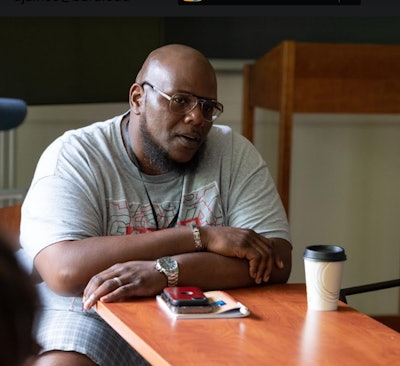When Congress voted in December 2020 to restore Pell Grants for incarcerated Americans after a 26-year ban, advocates hailed the move as an opportunity for 760,000 people in prison to achieve a better life through education. But now, as the July start date approaches, experts are warning that prison-imposed restrictions can prevent this expansion of Pell from reaching its full potential.
 Dr. Deborah Appleman, the Hollis L. Caswell professor and chair of educational studies at Carleton College
Dr. Deborah Appleman, the Hollis L. Caswell professor and chair of educational studies at Carleton College
“In the prisons where I work, they’re limited to no more than 10 books total,” she said. “They’re always having to make these heartbreaking choices about which books they’re going to get [and which] they’re going to give away.”
Faculty are also restricted in the number of materials that they can bring into prisons, as well as what type. Appleman, who often uses video in her teaching, was prevented from bringing discs into a prison because officials said that they could be used to smuggle in drugs.
Incarcerated students often don’t have much chance to use essential educational tools that people on the outside take for granted.
“Computer access is really atrocious,” said Appleman.
 Demetrius James, program manager at the Bard Prison Initiative and a former incarcerated studentChina Jorrin used with permission from the Bard Prison Initiative
Demetrius James, program manager at the Bard Prison Initiative and a former incarcerated studentChina Jorrin used with permission from the Bard Prison Initiative




















